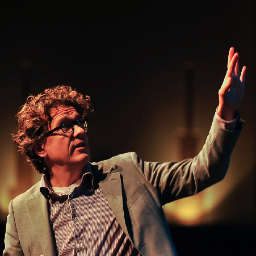BLOCKCHAIN: FIRING UP THE CRYPTO-ECONOMY
August 14, 2015
Welcome to the wondrous world of the complex, yet highly imaginative crypto-economy. The world of blockchain and bitcoin, of miners, sandboxes and hashes. If you are not familiar with this subject yet, you may easily fall under the spell of the fascinating and fast-growing crypto-environments. And even if you have already made a study of the subject, some elements of the crypto- economy may remain mysterious, and to some extent intangible. But just look of it this way:
Imagine that with every transaction you execute on the internet, a notary looks over your shoulder to make sure that nothing is wrong. That would be a very costly affair indeed. But it is an entirely different matter if it could be computerized. What you have then, basically, is a possibility to do frictionless business, as the control is already embedded in the transaction. This may well be the key to lots of new possibilities. Such a system exists. It is called blockchain, a strong chain without weak links offering a solution to numerous actual problems within the digital economy.
Download our new report Blockchain, Cryptoplatform for a frictionless economy
Inside you’ll find:
Crypto-economy 1.0
We outline the potential impact of this new application in three steps. The first step is the crypto- economy 1.0. It concerns the currency, the bitcoin, and financial transactions. It also provides a vital explanation of how the protocol operates. We list seven pros and cons of the bitcoin, dwell upon questions regarding the supervision of the system and wrap up with the official viewpoints of the financial authorities.
Crypto-economy 2.0
When outlining the crypto-economy 2.0, we go more deeply into the other possibilities of the blockchain, also called “bitcoin without bitcoin.” This concerns two kinds of applications in particular: smart contracts and smart products, and how the economy can be made to run more smoothly; or, in other words, how wasting can be stamped out.
Crypto-economy 3.0
If we let our imagination run wild, the final result is the crypto-economy 3.0. Here we describe the DACs (Decentralized Autonomous Corporations), also called Robocorps. It is an Internet-of-Things scenario, where objects are increasingly getting a freehand to make decisions and stimulate the economy: a potential forerunner of a zero-marginal cost society. In such a case, blockchain will be part of a collaborative commons, an advanced form of blockchain technology in society.

 English | EN
English | EN 